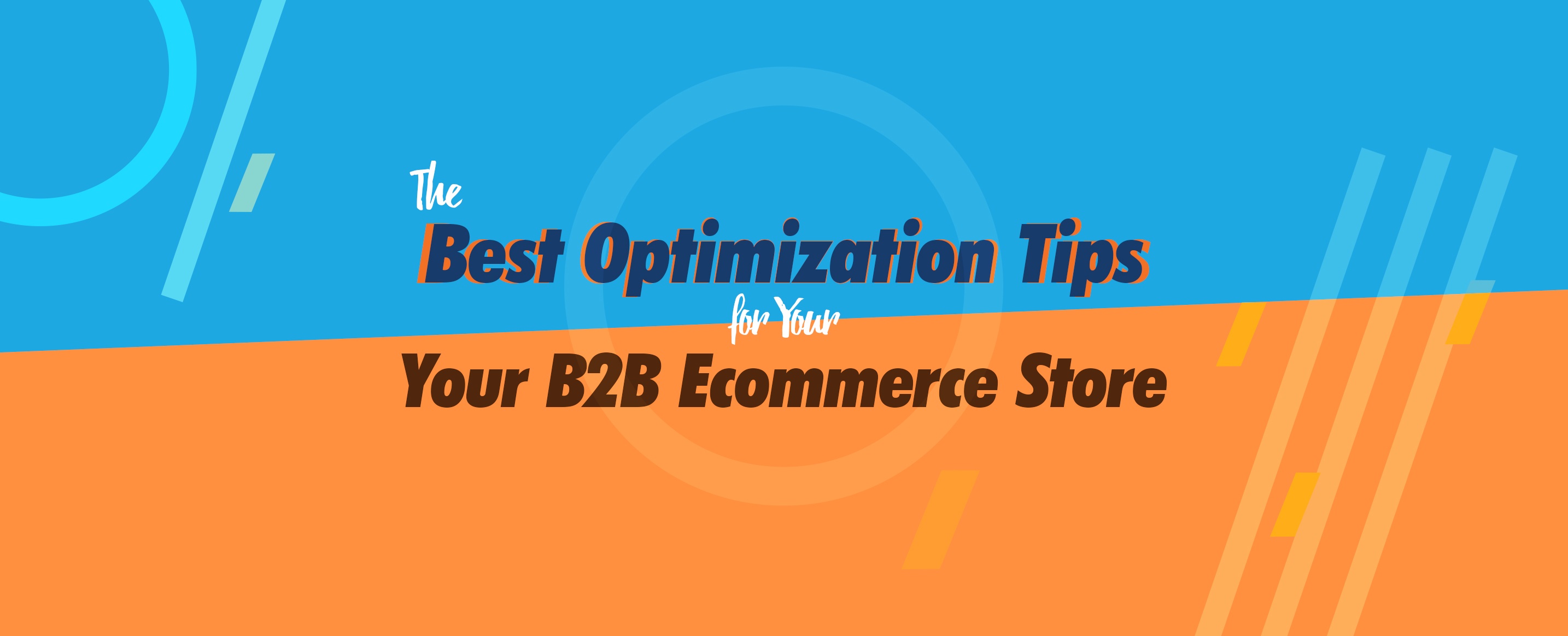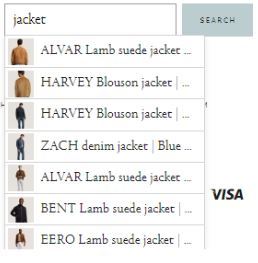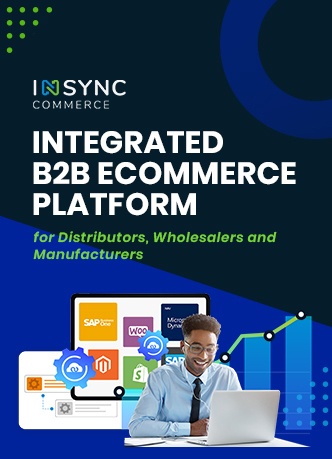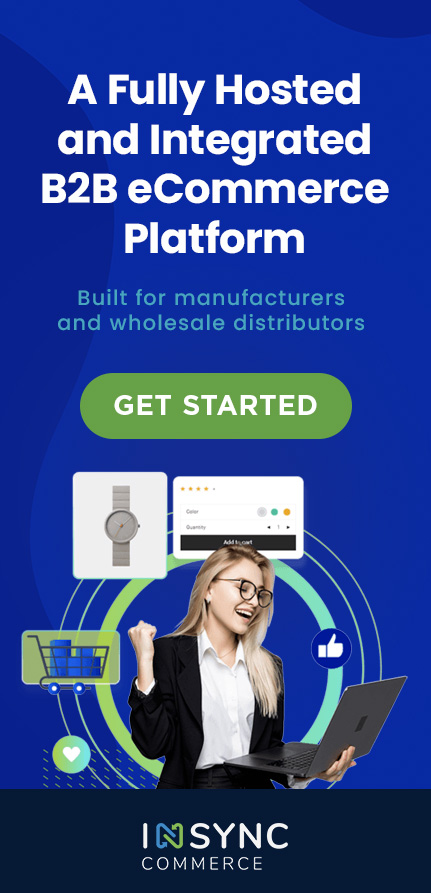
The prime concern of any B2B eCommerce store is to run its business by selling its products and performing marketing strategies to facilitate it. While all this brings business to the organization, it is important to note that no company can churn out revenue from an unoptimized B2B eCommerce website – optimization of the B2B website and the overall business processes is an essential part for the success of any B2B eCommerce store. It so happens that business owners put in all the juices and curries into their B2B store, but often overlook the crucial aspect of optimization. If that is the case, be guaranteed, no matter how good products you sell or no matter how great a seller you are in the B2B market, you are not going to make business ever!
Let’s see the most common yet important web optimization tricks for a B2B eCommerce store:
SEO for pages
No matter you have product pages, blog posts, FAQs, case studies – you need them to get SEO-rich as soon as possible. The sooner your pages are SEO-friendly, the sooner shall they be searched and identified by the target audience. Your pages need to contain relevant keywords that are searched all over the net. In the case of product pages, it is important that your product description is up to date and describes the product comprehensively, all meta-description and images are optimized. In the case of blogs and other text-based content, your articles should have keywords relevant to the topic which attracts more and more viewers and increases the search rankings. A merchant also has to remember to allot categories to all his products so that they are easily visible and navigable.
Search Options
The search engine on your B2B store as well as the search options associated with it matter a lot when a customer comes to buy from your store. Not many buyers would be comfortable with an old-school product search bar with no features within it. First off, provide the search bar at a very visible and convenient place on your page – you won’t want your users to search the search bar! Next up, employ tools or develop methods to inculcate predictive text and suggested products features in your B2B store – predictive text will save time, since users won’t have to type in the whole product name; suggested products provide a user with a number of alternatives for a product and help a user in making a quick comparison between the different alternatives of the products. It is noteworthy to implement saved searches or past searches on the website as well as flexible search options – a user might end up buying a Samsung Notepad while he searched for an Apple iPad – make sure the customers get to see them.
The Product Pages
When selling in online B2B store, it is crucial that the product pages are completely updated. It should contain the product images, the product description, all the details associated with the product, product attributes, etc – keeping all the SEO in mind. Also, to enrich the user experience, you can add features like displaying the accessories of the product in the related Do remember to have inventory management in place for your B2B eCommerce – show which products are out of stock and provide options of notifications for the customers. This helps a lot in customer retention and builds a returning and trustworthy customer base for you. The objective of your store is to sell more and more, so you better tell a beautiful story to make it happen.

Saved Lists
In the case of B2B scenarios, it so happens that the same orders are placed in bulk over time. To eliminate the hassle, try adopting the saved list feature – this will help a user to see his list of items he has brought in the past and then order the same from there! This proves to save a lot of time and keeps a track of the most ordered/recent products.
Product Reviews and Comparisons
Proving the credibility of your product is essential – try inculcating active product reviews and responses from your customers. A B2B customer will be more willing to spend money on your products if they feel it is safe and credible. Introducing product comparisons help the buyer finalize and select the desired product easily and with lesser confusion.
Chatbots
B2B eCommerce generates revenue via two sources – creating customers and retaining customers. Chatbots are great tools that help in both ways. For new customers, chatbots can act as convenient talk-to applications which help the customers navigate and find their desired product in seconds. If your chatbot works well, those customers will prefer you over others. In the case of retaining old customers, your chatbot will act as the differentiating feature and would be the first point of contact for your customers which would not only get them their desired product but also guide them through all their queries regarding the current market demand, prices, etc. A professionally designed website with proactive chatbots can determine how well you do in the B2B industry.
Orders
While you cater to business ventures around the globe, be sure to make them feel you are privileged to have them. provide them the features like order and shipment details and order tracking – when the customers easily track their product’s journey, they are more likely to trust you. You can mention the expected arrival date of the product and the path it would be taking. Another major feature you can offer to enhance your order system is to introduce Quick Ordering. This would let your B2B customers order their required items easily and quickly. This would consume lesser time and prove to be a useful technique for you.
When it comes to B2B website optimization, things are a lot more complex than just editing the content or resizing/updating the images; it is about the changes that directly affect a company’s sales – if a B2B store is fully optimized, it bound to convert more and more prospects into their customers. While these are some basic tweaks that are critically followed in the market, there are no ends to how much we can optimize to churn out the most from the B2B eCommerce industry – personalization, modules, analytics, search rankings, etc. play a major role in the progressive growth of a B2B eCommerce. The bigger picture is yet to come!
Stay tuned.










